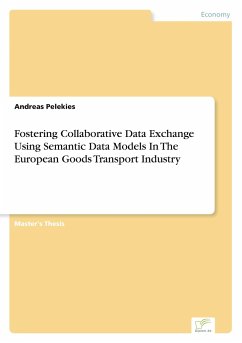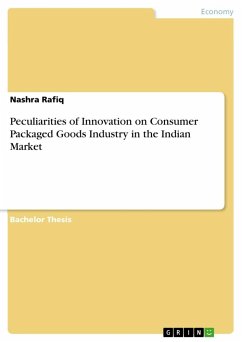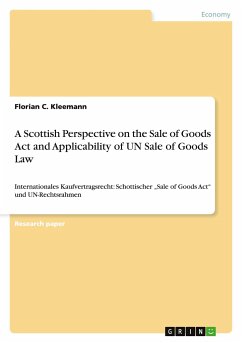For more than 20 years, supply chains have been optimized using electronic data interchange based on the EDIFACT standard. In 2010, the EU Commission launched a digital agenda to optimize public administration processes through uniform and cross-border regulations. Ongoing globalization and increased environmental awareness are creating increasing de-mands for the transport industry, such as shifting transport from road to rail. Several projects are focusing on the semantic standardization of data exchange based on web technologies, in order to optimize system interaction between all players of the transport supply chain. This study investigates, if using a semantic reference data model instead of a proprietary data model fosters the intensity of possible interactions of data exchange systems in the European goods transport industry. To be able to measure a change drivers, benefits, challenges, and success factors for collaborative data exchange are identified. The research in this study bases its solutions on the system interaction theory and performs a literature review as well as collects primary data. Six representatives of important players of the European goods transport industry are interviewed and surveyed.








